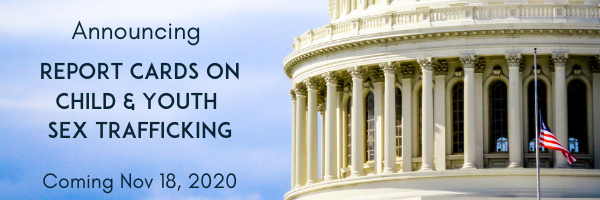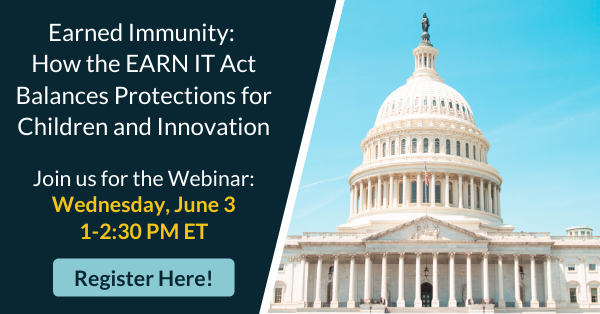Zephi Trevino was 16 years old when she was first trafficked by a young adult, Philip Baldenegro, who originally posed and acted as her boyfriend. Just prior to meeting Baldenegro online, Zephi had been abused and introduced to drugs by another boyfriend, resulting in trauma that manifested in depression and anxiety, a significant departure from the happy, healthy and engaged child she had always been. Exploiting her trauma, Baldenegro gave Zephi drugs, threatened her and her family, and sold her for sex to adult men. Zephi’s exploitation and trafficking ended the night that Baldenegro shot and killed a man he had arranged to buy and rape Zephi; however, her horrific experiences of injustice, misidentification, and unanswered calls for help did not cease.
Miscarriage of justice.
The night of the murder, Zephi should have been identified by law enforcement as a victim of sex trafficking. Instead, she was arrested as an accomplice in the murder of the very man who had paid to rape her. Upon further investigation, prosecutors and detectives on the case, who were immediately presented with evidence of her exploitation, should have identified her victimization, dropped charges, and referred her to specialized service providers. Instead, Zephi was held in detention for over a year on capital murder and aggravated robbery charges. Only after public outcry and the retention of new counsel was she released on bond and house arrest. Texas state law and federal law clearly define Zephi as a victim of child sex trafficking, yet her victimization is continuously denied by her trafficker’s defense team, whose perceptions of child sex trafficking and sexual violence victimization are both inaccurate and self-serving.
Realities of sex trafficking .
The blatant denial of Zephi’s victimization reflects the persistent misunderstanding of sex trafficking victims’ behavior. Despite concerted efforts by survivors and anti-trafficking allies to decry the “perfect victim” myth and shed light on the realities of victimization and resulting trauma behaviors, we continue to see survivors being denied the rights and protections afforded to victims of sex trafficking due to misidentification of their experiences. Rather than looking at the legal definition, prosecutors and even defense attorneys struggle to see victimization even when the facts spell it out, just as they do in Zephi’s case. Survivors of sex trafficking have endured and survived horrific sexual violence, in addition to often-present physical, psychological and emotional abuse, substance use, stigmatization, commodification, and isolation from healthy and safe support. These experiences, often result in trauma, mental health challenges, and substance dependency linked to self-blame and shame. For these reasons, child sex trafficking survivors almost never self-identify or report their victimization. They don’t seek help from law enforcement, service providers, or even family and friends. Indeed, their traffickers often train them on how to hide their victimization, as Zephi’s trafficker did in this case.
One of the greatest challenges we face in combatting child sex trafficking is the lack of awareness that survivors’ trauma manifests in behaviors and decisions they see as necessary to survive their abuse. However, these are often behaviors and decisions that our systems then use to punish or discredit the survivor. This is the exact injustice Zephi is being subjected to; a history of substance use, running from home, and seeming indifference to violence are red flags of exploitation and abuse, not behaviors that discredit her experiences of trafficking victimization. Failing to fit within the fabricated box of “perfect victim” has not only resulted in additional trauma, it has her facing capital murder charges for a crime committed by her trafficker, deepening her involvement in a punitive system and isolating her from family and systems of support.
Your voice.
Your support matters! Using our collective voice to signal support for Zephi will encourage DA Creuzot to stand with sex trafficking survivors and bring justice to the plights they have experienced by dropping unjust charges against Zephi. Sign the petition today!









